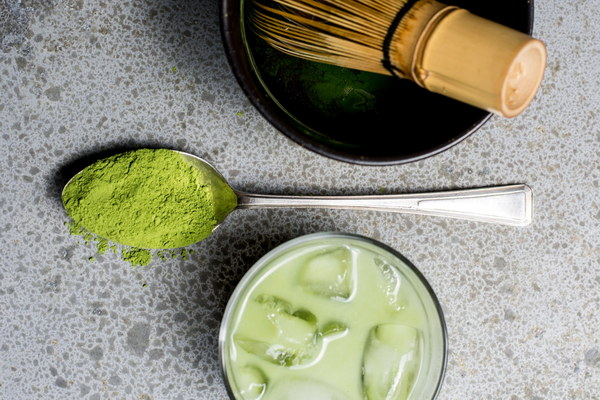Does Absolute Ethanol Really Work for Removing Moisture from the Air
Introduction:
The question of whether absolute ethanol can effectively remove moisture from the air has been a topic of much debate. Many people believe that this distilled alcohol can act as a desiccant, thereby reducing humidity levels in their homes or workplaces. However, there are also those who argue that the effectiveness of absolute ethanol in this regard is questionable. In this article, we will explore the pros and cons of using absolute ethanol as a moisture removal agent, and provide you with the necessary information to make an informed decision.
Understanding Absolute Ethanol:
Before delving into the effectiveness of absolute ethanol as a moisture removal agent, let's first understand what absolute ethanol is. Absolute ethanol, also known as absolute alcohol or anhydrous ethanol, is a type of ethanol that contains very little water, typically less than 1%. This is because it has undergone a purification process that removes impurities, including water, from the ethanol.
The Theory Behind Ethanol's Moisture Removal:
The theory behind using absolute ethanol for removing moisture is based on the fact that ethanol has a lower boiling point than water. As a result, when absolute ethanol is exposed to the air, it can absorb moisture from the surrounding environment, effectively reducing humidity levels.
Pros of Using Absolute Ethanol for Moisture Removal:
1. Highly effective: As mentioned earlier, absolute ethanol has a lower boiling point than water, which makes it an excellent moisture absorbent.
2. Non-toxic: Ethanol is a non-toxic substance, making it safe for use in homes and workplaces.
3. Cost-effective: Absolute ethanol is relatively inexpensive, making it an affordable option for moisture removal.
Cons of Using Absolute Ethanol for Moisture Removal:
1. Limited effectiveness: While absolute ethanol can absorb moisture from the air, it is not as effective as specialized desiccants, such as silica gel or calcium chloride.
2. Potential fire hazard: Ethanol is highly flammable, which means that it can pose a fire hazard if not used properly.

3. Unpleasant odor: Ethanol has a strong, distinctive odor that can be unpleasant to some people.
Alternative Moisture Removal Methods:
If you're looking for a more effective and safer way to remove moisture from the air, consider the following alternatives:
1. Desiccants: Silica gel and calcium chloride are highly effective desiccants that can be used to reduce humidity levels in your home or workplace.
2. Dehumidifiers: Dehumidifiers are designed specifically for removing moisture from the air and can be found in various sizes and capacities to suit your needs.
3. Air purifiers: Some air purifiers come with a humidification feature that can help reduce moisture levels in the air.
Conclusion:
While absolute ethanol can be used to remove moisture from the air to some extent, it is not the most effective or safest option. If you're looking for a reliable way to reduce humidity levels, consider using specialized desiccants, dehumidifiers, or air purifiers instead. Always prioritize safety and effectiveness when choosing a moisture removal method for your home or workplace.









